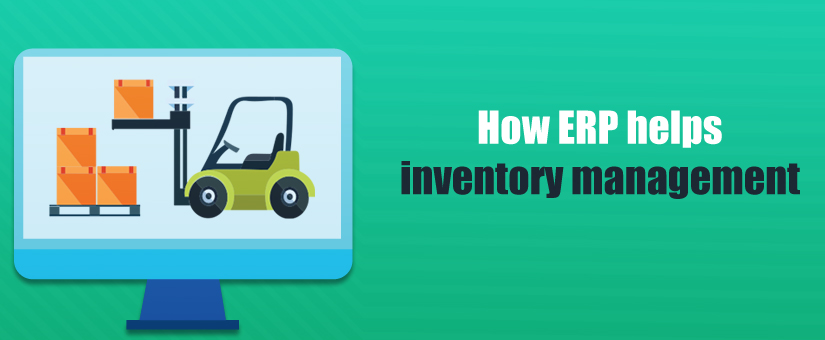Often regarded as one of the necessities by many organizations, inventory management is one of the toughest jobs as most of the companies do not know where to find a complete solution.
The employees working in the inventory management department know the pain of answering the question raised by the management when some items are not procured timely, especially during emergencies.
It is a huge task to maintain a record of every big and small item required by the organization on a daily basis. More often than not, manual categorization and classification lead to error and redundancies in the inventory.
To avoid all these confusions and to maintain a smooth working process, implementation of the proper ERP system is much necessary.
Implementing ERP system for proper inventory management can help in the following ways:
Record incoming and out-going
Rather than maintaining manual records of every item, an employee can categorize and classify them more efficiently in an ERP.
The automated system takes care of any miscalculation and redundancies in such way that any item could be located quickly.
The system has provision for recording the incoming as well as the outgoing or sent items, which allows them to manage the stocks more efficiently.
They can also monitor any unusual and high usage of specific items and inform the management of further action.
- Optimize operational cost
Avoiding redundancies and repetitions can help the organization to save money by checking the overall expenditure it does. The organization can invest only in the materials that are required on a priority basis during this period.
Storage of unnecessary items in a large quantity may block operational cost.
ERP can filter out these results and allows the organization to appropriate measures to avoid buying of certain items on a recurring basis.
- Optimize stock quantity
Since the ERP system avoids the miscalculation regarding stock quantity, the organization can optimize and allow the fixed budget as well as storage space for storing all the items. This results in lesser wastage and better utilization of material.
Allocating fixed space and budget will help the company to carry out further expansion or installation of better facilities if they want, which might lead to overall growth of the organization and more profit.
- Procurement scheduling
The proper reporting due to ERP enables the inventory manager to schedule the procurement of required material according to need or on a regular interval.
It helps the personnel to manage the existing stock in a better way.
This allows the organization to avoid the spike in the pricing of certain items, and save money which can be utilized in a better way.
- Transparency
The overall ERP system can be accessed from any system, according to the level of authority.This allows complete transparency in matters of usage of material and avoids any misplacement of material.
Other employees are also able to view the materials available and schedule their working process.
This leads to reducing the idle time and wait time and increases the quality of the job to be carried on due to better utilization of time.
Having an ERP also helps you to reduce the number of employees working in the inventory, thus saves money in the form of wages and salary.
Overall, ERP software makes the system more accountable as well as systematic, leading to the general growth of the organization.
